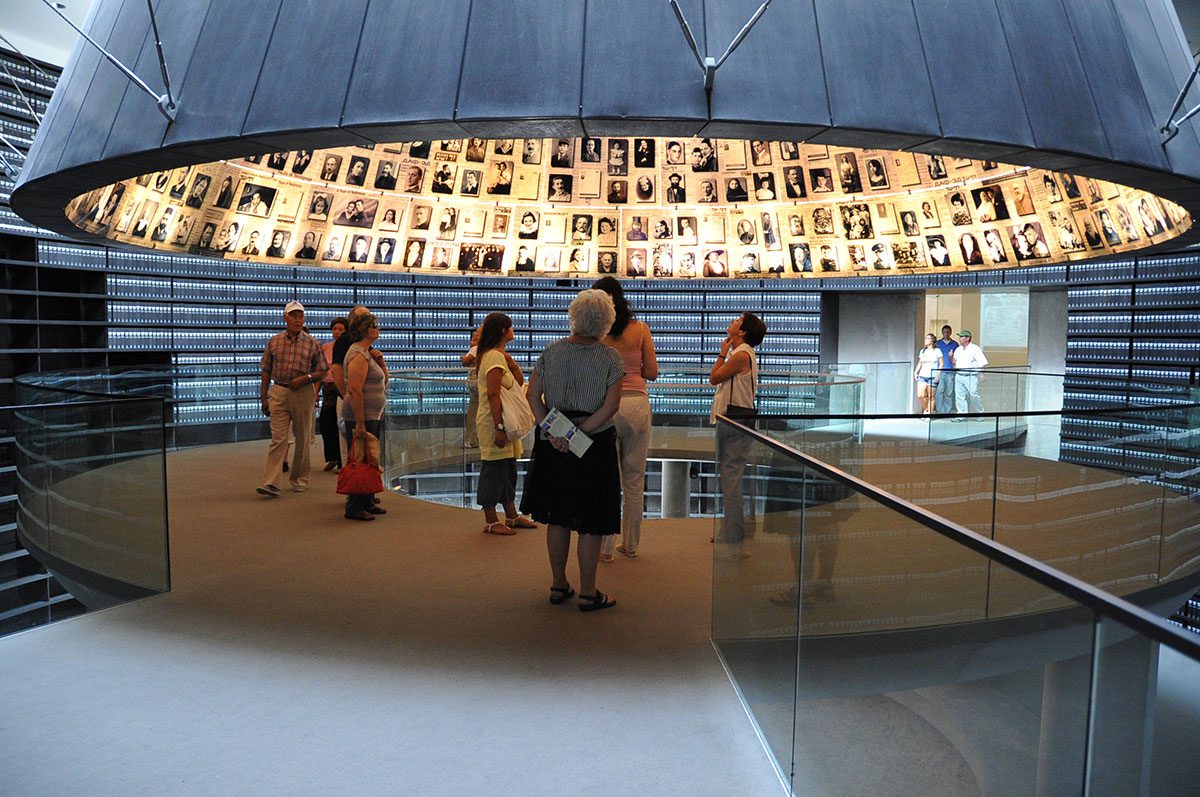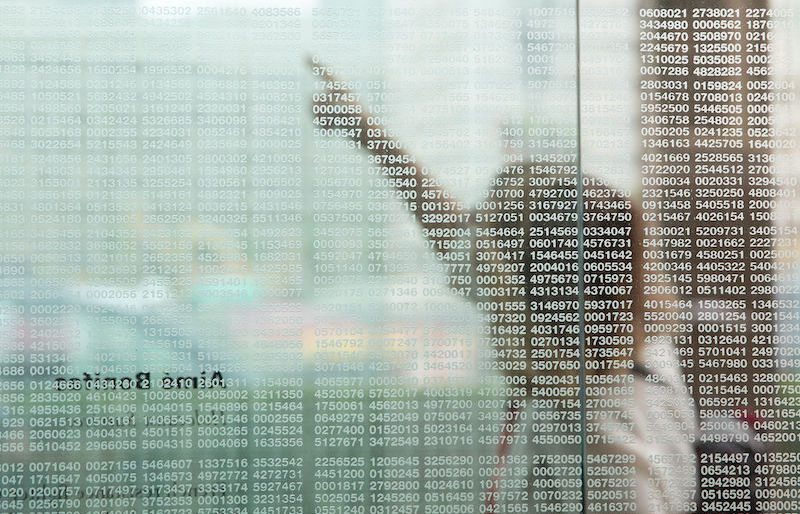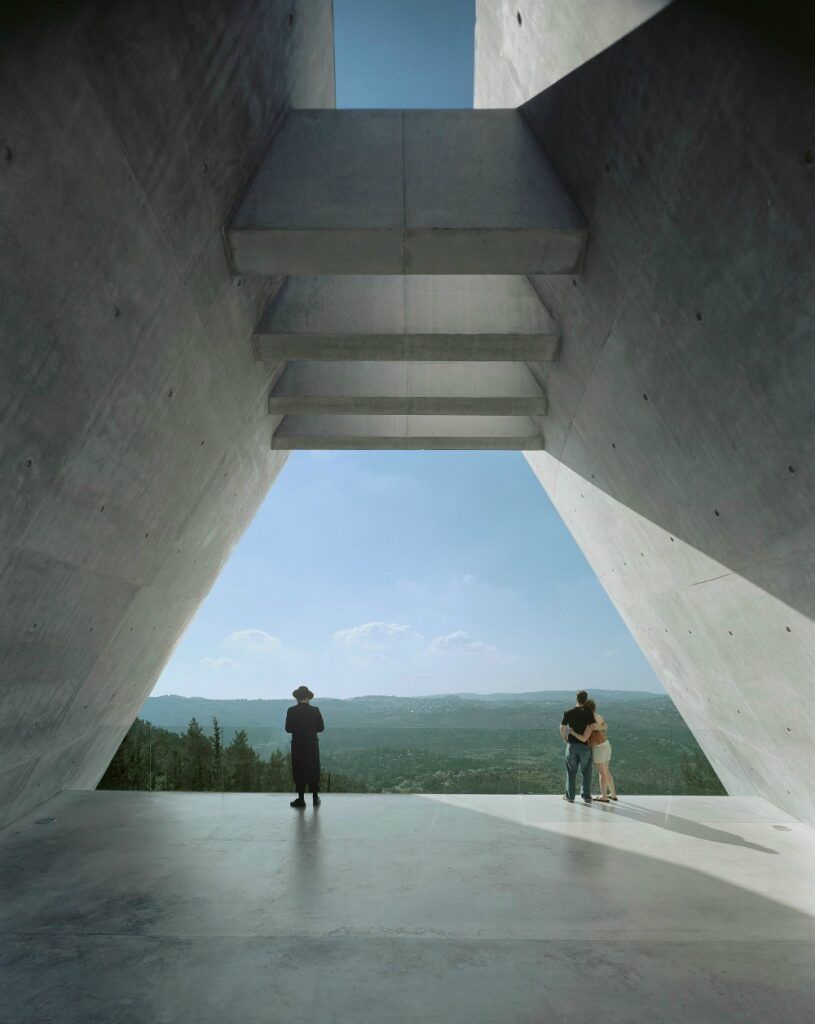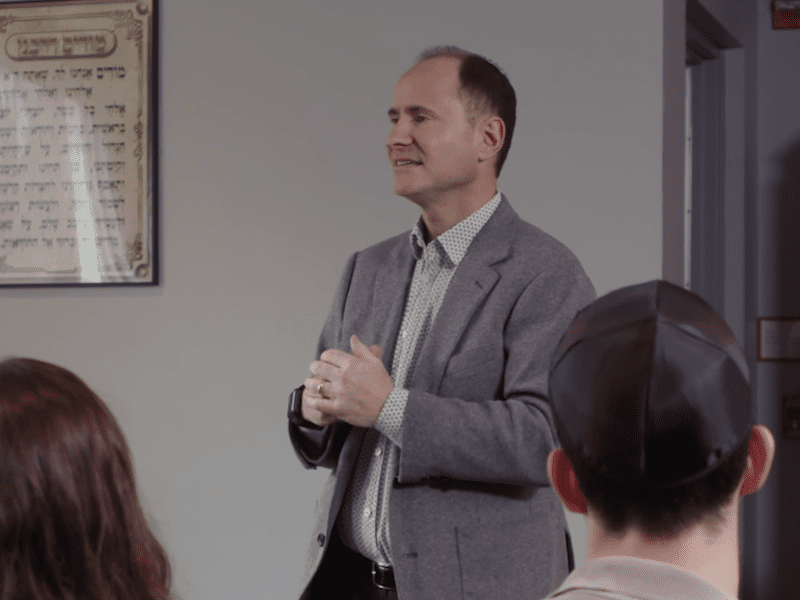By Rich Tenorio
As the Boston Jewish community reflects on the historical tragedy of the Holocaust ahead of International Holocaust Remembrance Day on Jan. 27, many of its members are also concerned about a contemporary tragedy: the Oct. 7, 2023, Hamas terror attacks on Israel. The attacks represent the bloodiest day for Jews since the Holocaust, and they have been followed by an ongoing war between Israel and Hamas and worldwide unrest over the situation.
What is International Holocaust Remembrance Day, and what does it commemorate?

International Holocaust Remembrance Day was established by the United Nations as an annual event occurring on Jan. 27 of each year. The date marks the liberation of Auschwitz from the Nazis in 1945 and recognizes the deaths of all Holocaust victims, including Jews, Roma, LGBTQIA+ individuals, disabled people and political prisoners.
Jeremy Burton, CEO of the Jewish Community Relations Council of Greater Boston, differentiates its backstory from that of Yom HaShoah, which was created by the Israeli Knesset to commemorate the 6 million Jewish victims of the Holocaust. Yom HaShoah falls in May, reflecting the start of the Warsaw Ghetto Uprising in 1943. “There was a long, complicated and interesting debate back in the ‘40s and ‘50s over when Jews should mark and remember the victims of the Holocaust,” Burton says. “A young Jewish state needed heroes to celebrate Jewish strength and active Jewish resistance. It’s why Yom HaShoah falls when it does.”
In contrast, he notes, International Holocaust Remembrance Day was chosen by the “U.N. General Assembly, not by the Jewish community. It’s a slightly different rationale. The world marks this day in January because it was the beginning of the end of the Holocaust.”
Contemporary tensions

This year, research indicates that International Holocaust Remembrance Day will take place in the midst of new fears over antisemitism. Both the American Jewish Committee and the Anti-Defamation League have come out with surveys pointing to an uptick in antisemitism around the U.S. In a survey of Jewish Americans last fall, the AJC found that almost 80% of respondents who had heard about the Oct. 7 attacks felt less safe to some degree. Meanwhile, the ADL reported a 360% increase in antisemitic incidents nationwide in the three months since the attacks, with the majority being “verbal or written harassment.”
“Obviously, in contemporary antisemitic contexts, we are grappling with an existential threat to our community since 10/7,” says Melissa Garlick, senior director of combating antisemitism and building civic engagement at Combined Jewish Philanthropies of Greater Boston. “There’s a real reckoning with this form of antisemitism and the safety and security of Jewish people. It’s really critical, as a community, that we understand generational trauma, that we understand Jewish trauma, that we understand how what we’re dealing with today is shaped by history.”
Keeping the memory alive
Francesca Colletti, executive director of Facing History & Ourselves, notes the importance of Holocaust education for the next generation.

“Education is key in addressing the rising antisemitism and hate today,” Colletti says. “In Facing History classrooms, students examine memory and legacy as part of their learning journey. Students, by studying the lessons of history, confront the past so they can examine their own choices and the challenges in the world today. Students study the roots and ongoing rise of antisemitism and other forms of bigotry and hate. They also explore opportunities for more compassionate and courageous acts. This year’s theme of International Holocaust Remembrance Day, ‘Recognizing the Extraordinary Courage of Victims and Survivors of the Holocaust,’ reinforces how critical survivor and second/third-generation stories and voices are to understanding and learning the impact of the Holocaust on individual lives. Focusing on the humanity of the victims and learning and hearing their stories allows students to think about their own humanity and their responsibility to confront hate and indifference and work to ‘repair the world.’”
Around 245,000 Holocaust survivors remain worldwide, with most of them women, the Associated Press reported, with the majority of survivors living in Israel. The global population is falling, with 86 years old the median survivor age. “The number of survivors continues to dwindle as people age,” says Emily Reichman, director of volunteer programs for the JCRC. “It’s more important than ever for second-generation and third-generation survivors to share the story of their families. They are now the bearers of their family story. We want to encourage second- and third-generation survivors, as much as possible, to share their family stories.”
Local remembrances
There are several ways for Boston-area Jews to commemorate International Holocaust Remembrance Day. The JCRC is partnering with other organizations on two such events:
International Holocaust Remembrance Day Commemoration | January 25 | Online
International Holocaust Remembrance Day | January 28 | The Vilna Shul
The Lappin Foundation program is a virtual one, while the Vilna Shul event will be in person, with other partners including the educational nonprofit Facing History & Ourselves and Boston 3G, a resource for third-generation descendants of Holocaust survivors.
Reichman says it’s “more important than ever to commemorate the Holocaust, to learn survivors’ stories [and] to make sure they are carried on through the next generation.”
Rich Tenorio covers antisemitism news for JewishBoston.com. His work has appeared in international, national, regional and local media outlets. He is a graduate of Harvard College and the Columbia University Graduate School of Journalism. He is also a cartoonist. Email him at richt@cjp.org.
 Share your story
Share your story 



